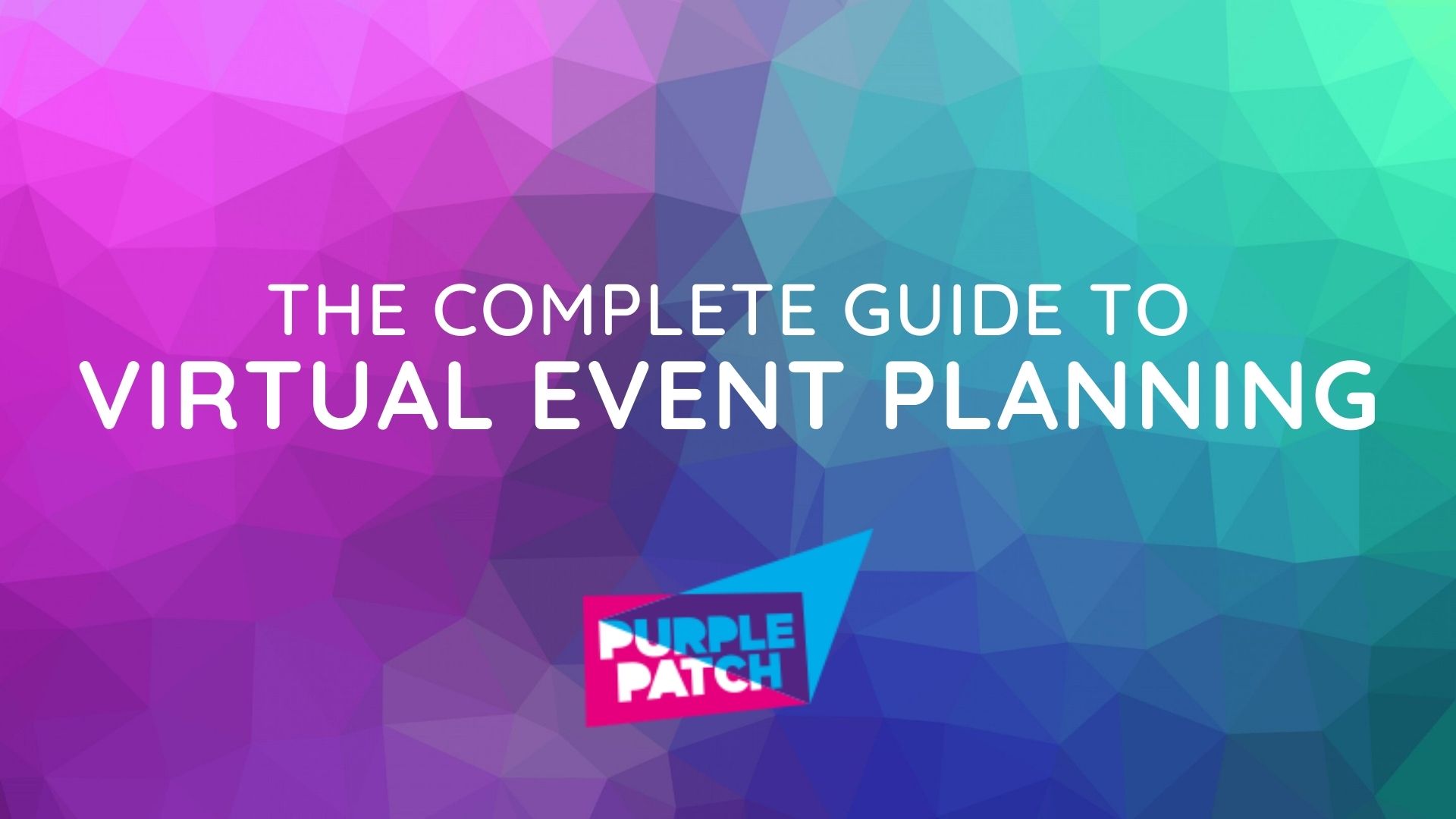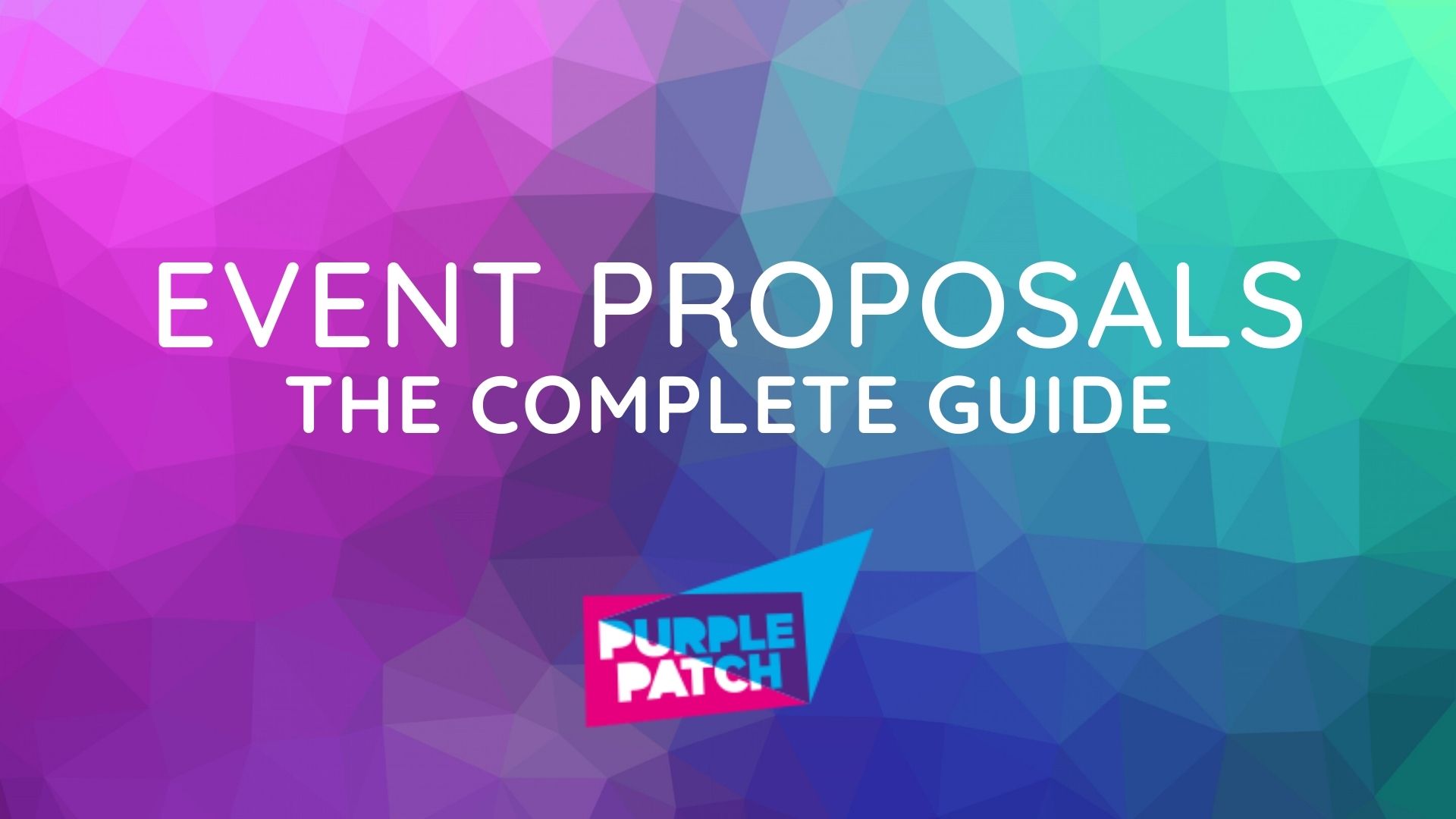A successful virtual event also requires successful virtual event planning.
There are times when planning virtual events is an important part of your corporate event program. Times like these! Thanks to virtual meeting platforms and video streaming services, companies across the world can now plan virtual events without facing many constraints.
But how can you ensure the success of your virtual event, without any significant prior experience? What are the various nuances of virtual event planning that make it different from planning a live, in-person event? In this article, we share everything you like to know about virtual events and their planning process. But first let’s have a look at what’s a virtual event, what are the different types of virtual events, and what important elements are required to host a virtual event.
What is a virtual event?
Virtual events are online events that are hosted via live streams, audio calls, recorded videos or any other form of digital media. Unlike in-person events, virtual events are accessible to a much wider audience with the help of the internet, regardless of their location. Virtual events can be organised as a standalone event and can also be suited to accompany a live event, if required.
While some virtual events require little to no planning, such as impromptu live streams on platforms like Tik Tok or Facebook, others require a decent amount of planning and execution, such as in the case of multi-day conferences that feature multiple live speakers, presentations and breakout sessions.
Some of the most common types of virtual events include:
Webinars
Educational sessions that are mostly how-to driven and cover a topic that the audience is interested to learn about.
Conferences
These virtual events feature multiple presentations and audience interaction around a central theme of discussion. The content can be pre-recorded or delivered in real-time.
Internal hybrid events
These events are a combination of a live stream and a physical, in-person, meeting held by an organisation internally.
External hybrid events
These hybrid events are helpful in connecting together subject matter experts or leaders of an organisation with their customers, attendees, clients or other participants.
Important elements of a virtual event
While virtual events make use of many elements that are associated with live, in-person events, there are some key differences that set them apart. Here are some of the most important elements that are required to host a virtual event:
- Interactive video conferencing platform
- Event website
- Event registration portal
- Pre-recorded content
- Live presentation content
- Question and answer sessions
- Live polling
- Feedback surveys
- Physical equipment such as lights cameras and microphones
- Video editing and broadcasting software
How to plan a virtual event
Ask your team the right questions
By asking your team the following questions, you can set the event planning process in the right direction:
- What are the most important goals and KPIs for our event?
- Will the event access be provided for free? If not, what will be the ticket fees?
- Should the content be served on-demand, live, or a mix of both?
- What will be the duration of each session?
- What details will we need to share with the attendees before they join the event?
- How will we facilitate networking for the attendees?
- Will we provide the attendees with access to the on-demand content after the event is over? If yes, then for how long?
- How do we plan to deal with technical issues, if they happen?
Keep in mind that these are just some of the questions and there will always be other concerns that need to be addressed when planning the event, depending on the kind of virtual event you are planning.
Consider your event format and the preferences of your audience when selecting event tech
It’s not a good idea to host an event over Facebook or Zoom just because those are the first platforms that come to your mind. Instead, you should consider the main elements of your event before making this decision.
Decide the schedule for your event
It’s important to finalise the dates and plan the sessions to be delivered in your event early on to avoid any confusion in the later stages of planning.
Research all the available event tech options
From broadcasting the event to coordinating the registration for the participants, there are various layers of event tech that are essential for making your virtual event happen. Make sure you compare the various options available in the market and select the best possible option, depending on your budget and requirements.
Find ways to enable networking between the attendees
Needless to say, networking may not happen as naturally in the online medium. This is why it’s your responsibility to facilitate networking in your virtual event and encourage attendees to socialise among themselves.
Promote your virtual event
Without promoting your event and casting a wide net to attract your target audience, the chances of your virtual event becoming a success are slim.
Test your even tech setup in advance
Make sure both your team and the participants are familiar with the platforms and technology you are using for your virtual event. By testing your set up in advance, you can avoid running into technical issues and glitches on the final day.
Keep your participants informed about the event plan
Make sure your attendees know what to expect from your event, how to attend the event, and any other details that they need to know. Include all the necessary pieces of information in the invitation that you will be sending them.
Collect RSVPs
Don’t forget to collect RSVPs, as that’s how you can best guess how many people will be attending your event. Simply ask them to confirm their attendance by clicking a link in the communication you’re sending them.
Hire virtual event planners
If you feel that planning a virtual event is a lot for you and your team to handle at the moment, it’s best to hire virtual event planners who are experienced with the job and can take care of everything from research to execution.
Prepare the recorded content for distribution and reuse
It’s always a good idea to repurpose the content you have delivered in your virtual event for reuse and distribution in the future. This way you can capture more leads and reach a wider audience, without creating any new content.
Request post event feedback from your attendees
Collecting feedback from your attendees will help you gain a better understanding of what they liked and what went wrong, so you can do even better in the future.
Final thoughts
Virtual events tend to get the best results when you keep them simple. Instead of creating a complex plan, focus more on how you can keep the audience engaged at all times, because, being at home, it’s easier for them to log off at any time.
If the idea of managing all the technical aspects of virtual event planning seems confusing, try an advanced virtual event solution like ours. Not only will it make the execution part easier, you will also save plenty of resources that are best channelised towards event marketing or other aspects of your business.



